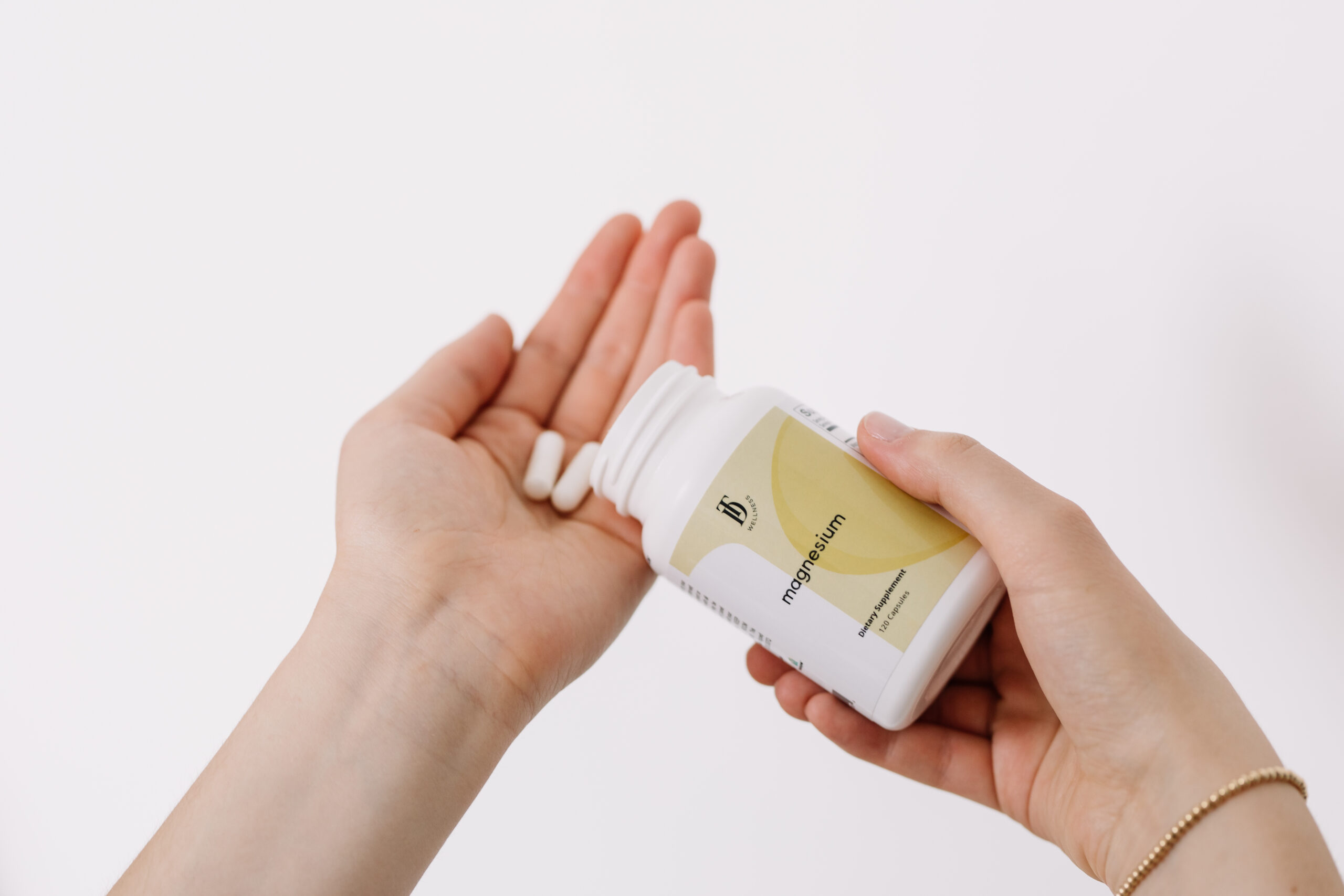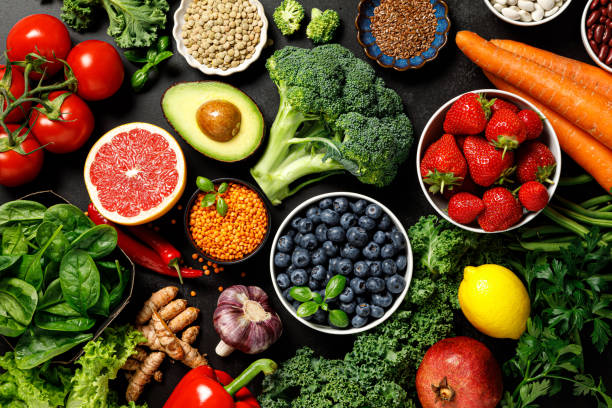Have you ever heard of the term greenwashing? This is when companies use language to appear more environmentally friendly than they really are. Well, these same blurred lines and sketchy marketing tactics occur in the food industry as well, but just in an attempt to make food products appear more healthy.
But don’t let those healthy buzz words fool you!
Seeing the word “natural” on a cereal box doesn’t mean a thing to me as a Functional Medicine provider. We’ll get more into that specific label shortly in this article. But if you want to make the best choices for your (and your family’s) health, you need to understand food marketing terms, so you’re able to pick the best ingredients and don’t get fooled by the food marketing industry!
And I’ll clear up some confusion between what’s the difference between organic vs. free-range, vs. pasture-raised eggs? And the difference between pasture-raised vs. grass-fed beef vs. grass-finished beef? Because let’s be honest, does anyone really know the difference? Let’s jump into it.
“Healthy” Buzz Words
-
Natural– This is a big “healthy” buzzword that usually fools a lot of people. There’s no formal definition for the use of “natural” on food labels that have been issued by the FDA or U.S. Department of Agriculture. But it means it has to be minimally processed and can’t contain artificial ingredients…even though companies can still add hormones, GMO ingredients, and antibiotics to it.
-
Organic– Now, I fully believe organic ingredients are better for you compared to conventionally grown produce. Being labeled organic means they have to have no artificial preservatives, colors, or flavors, and be GMO-free.
BUT, here’s why I say watch out. Just because it says “organic,” doesn’t mean it’s healthy. There are organic gummies, organic chocolate chip cookies, and organic ice cream. Does this mean it’s a health food? No way! You have to look at the ingredients. Organic products could still be LOADED with sugar, which can wreak havoc on your blood sugar balance, hormones, and cells.
Also, these organic foods could lack all the essential vitamins and minerals your body needs to function optimally. So while organic fruits and vegetables are a healthy option, you have to be careful when it comes to packaged foods. Always read the food label! When it comes to meat, you always want to choose organic. This means the animal wasn’t exposed to any antibiotics, hormones, or pesticides.
-
“Made with Organic Ingredients”- This doesn’t mean the entire product is organic. In fact, it means that less than 95% of organic ingredients were used.
-
Grass-Fed Beef– Grass-fed is better than grain-fed. But a “grass-fed” label, without the “organic” label, means these cows could still have been exposed to antibiotics, hormones, or pesticides. And this doesn’t mean the cow was fed grass its entire life. If the cow was fed grass even part of its life and grain the other half, it could be labeled as grass-fed.
-
Grass-Finished Beef– This means that the cow spent all its life on a grass pasture, but it doesn’t necessarily mean antibiotics and growth hormones weren’t used.
-
Pasture-Raised– This doesn’t necessarily mean it is organic. Unless the label also says organic, the supplemental feed could contain GMO components.
-
Free-Range- This means they may not be in cages, but they could still be fed antibiotics, be fed GMO feed, and not have access to a pasture. These chickens actually may never even stepped outside in their lifetime.
True Healthy Terms to Look for While Buying Food
Now that you read what those health buzz words really mean, you might be all confused. Which label should you look for? Well, a combination of these food labels is best. Write these down in your phone so you remember what labels to look for.
100% Organic Grass-Fed Beef
This label means it’s free of antibiotics or harmful chemicals because of the “organic” part and has the highest quality of meat since it’s grass-fed rather than grain-fed. Grass-fed beef includes higher amounts of vitamins A & E, B vitamins, especially B12 and B6, omega-3 fatty acids, zinc, selenium, and iron.
Pasture-Raised, Organic Eggs & Chickens
Since pasture-raised chickens can forage, their quality and their eggs also contain far more healthy omega-3 fat and nutrients than caged chickens. You can tell when an egg is healthy because the shell will be much harder to crack open compared to a normal store-bought one.
Wild-Caught Fish
Unlike farmed fish, wild-caught fish are free from pesticides or antibiotics, and they are known to have more nutritional value, with higher concentrations of zinc, potassium, and iron.
Best Places to Get High-Quality Animal Products
Local Organic Farms/ Farmer’s Markets
It’s nice to get to know your neighbors, right? Do some research and see what organic farms are near your city and purchase your meat from them. Ask them how the animal is fed and raised to be sure. You can usually buy meat in bulk and store them in a storage freezer.
Primal Pastures – Use code TAYLORDUKESWELLNESS for 10% off
I know it can be really confusing and time-consuming to check the labels and decipher if the meat is of the highest quality. That’s why I personally love using Primal Pastures. They are all about combining ultra-quality, high animal welfare, truly pasture-raised, beyond organic, soy-free meats with the modern convenience of farm-to-doorstep home delivery. This makes it extremely easy to stock up on meats and know they are of the highest quality. Plus, as a busy mom, this saves me a trip!
Get Your Gut Right
If you need access to a stool test, a gut health expert, and personalized protocols, the Get Your Gut Right program might be the right fit for you. This is a very comprehensive program that also focuses on nutrition, detox pathways, nervous system, clean environment, and more. Click HERE to learn more.
Stay Updated With Exciting News at Taylor Dukes Wellness!
We are always working on new ways to serve you on your health journey. Be the first to know about new offerings, health articles, and more byclicking here and filling out your information so we can be in touch.




